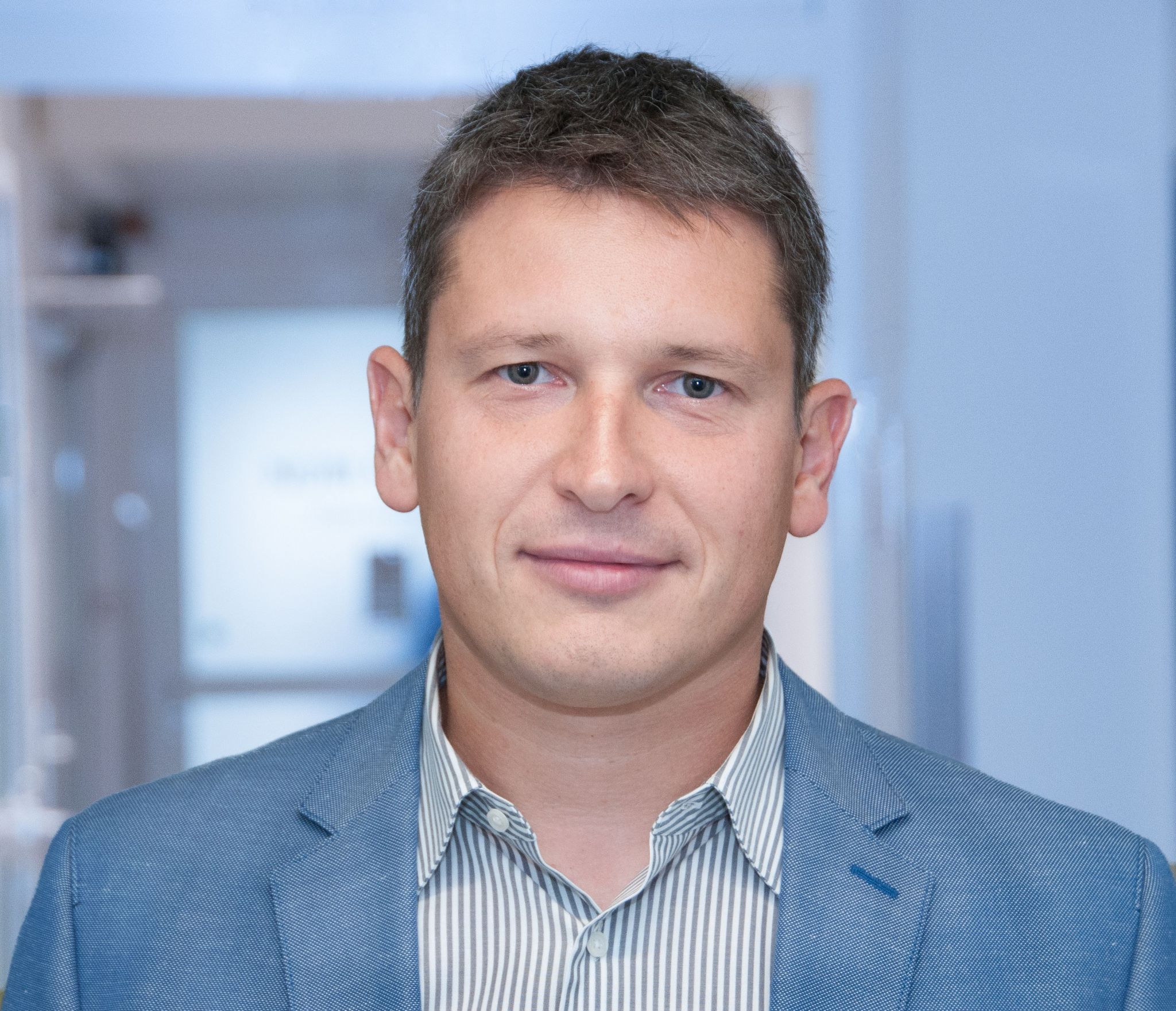Here you can find detailed profiles of DKTK faculty members with programm specification and research focus in the Researcher Database. Find contacts of all DKTK scientists at the DKTK intranet
Researcher Database

Prof. Dr. Ken Herrmann
University Hospital Essen
Hufelandstr. 55
45147 Essen
Program
Radiation Oncology and Imaging (ROI)
Summary
In the era of precision medicine the concept of theranostics experiences a blooming renaissance. The idea of using the same target and therefore ligand for diagnostic imaging as well therapy is well known since the 1940s for thyroid patients. Despite building the back bone of nuclear medicine diagnostics and therapies for many decades it was only recently that this theranostic concept has been expanded to other innovative targets such as the somatostatin receptor in neuroendocrine tumors, or the prostate specific membrane antigen in prostate cancer.
The research group focuses on the clinical translation of new specific receptor ligands for imaging and therapy. The prostate specific membrane antigen represents the current mainstay of the joint DKTK efforts including diagnostic PET tracers such as 68Ga-PSMA 11 or 18F-PSMA 1007, as well as therapeutic ligands. In addition, numerous new targets are currently under preclinical and clinical investigation.
In addition to theranostics the innovative state of the art hybrid imaging technqiues employing PET/MRI, PET/CT and SPECT/CT is the focus of this group. With special regards to assessing response to therapy, especially in times of groundbreaking immunotherapy demanding for new surrogate markers, the availability of state of the art hybrid imaging systems within the DKTK framework allows for multi-centric collaborations.